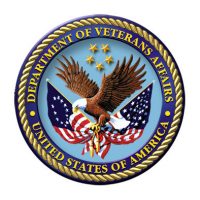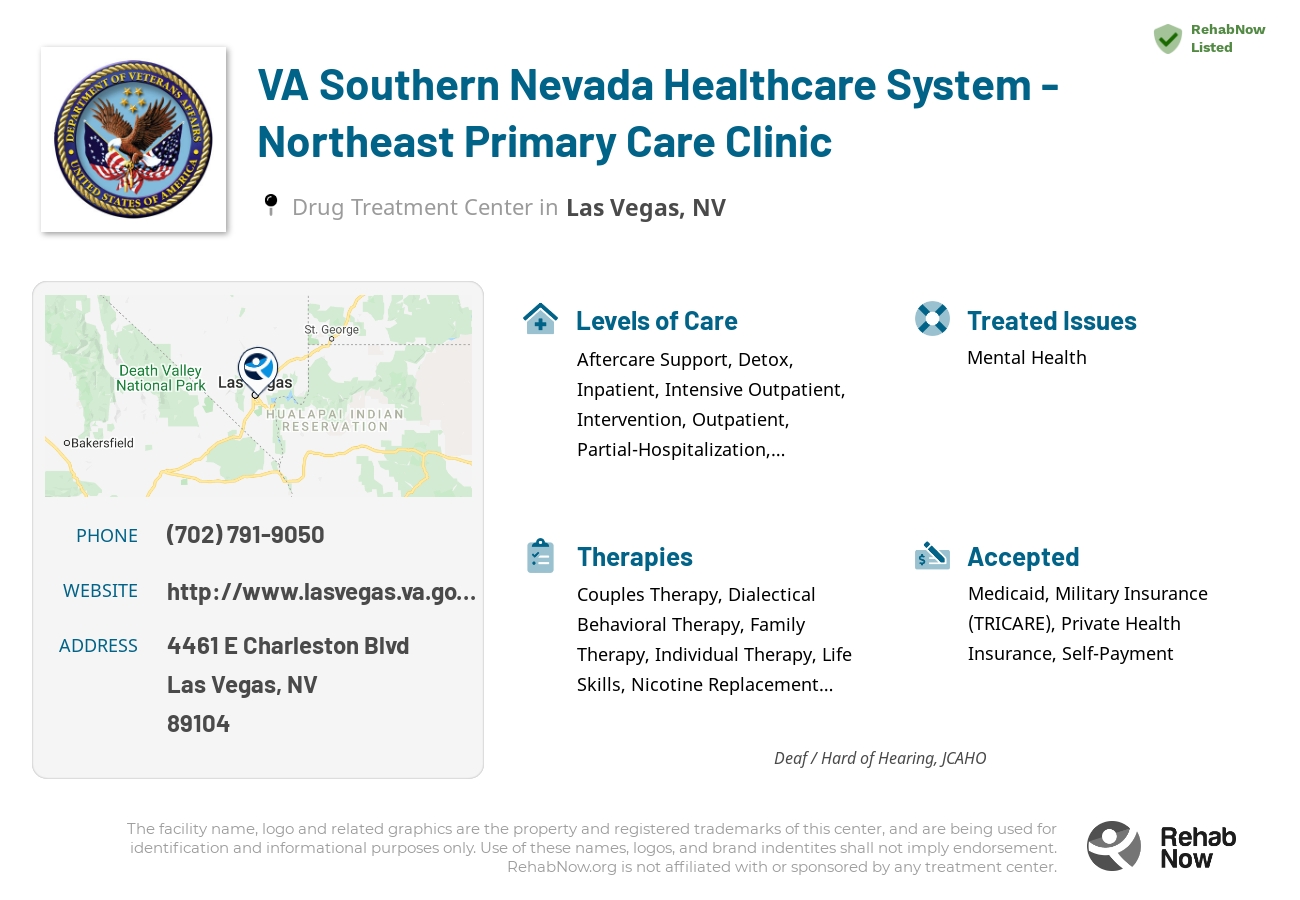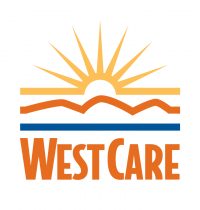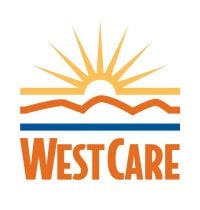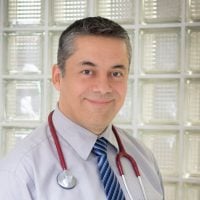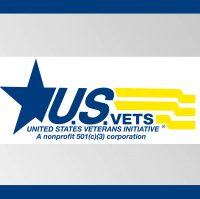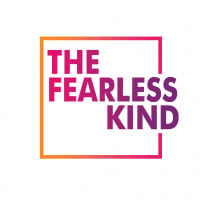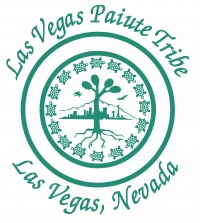About This Nevada Facility
VA Southern Nevada Healthcare System - Northeast Primary Care Clinic is a fully accredited Drug Rehab in Las Vegas, NV offers comprehensive care for addicts who are ready to get sober. They have the resources and expertise necessary to help anyone who wants treatment for their addiction. The staff members are compassionate, experienced professionals who will work with you every step of the way as you recover from your addiction.
Addiction is a disease that affects millions of people around the world and VA Southern Nevada Healthcare System - Northeast Primary Care Clinic's goal is to help addicts in Nevada get sober. Their treatment methods focus on individualized sobriety programs so everyone can find their own path to recovery. They offer a variety of treatment methods each specifically designed per client. This facility does not decline any gender.
Accreditations and certifications are important when selecting a treatment facility. JCAHO has Accredited this facility. Payment methods here are Medicaid, Military Insurance (TRICARE), Private Health Insurance, Self-Payment and potentially more case-based methods are available. VA Southern Nevada Healthcare System - Northeast Primary Care Clinic accepts patients who have private insurance, to find out if your insurance carrier works with this facility, or any others, contact our admissions experts.
Genders
Ages
Modality
Additional
Accreditations

JCAHO
Conditions and Issues Treated
Levels of Care Offered at VA Southern Nevada Healthcare System - Northeast Primary Care Clinic
This center offers a variety of custom treatment tailored to individual recovery. Currently available are Aftercare Support, Detox, Inpatient, Intensive Outpatient, Intervention, Outpatient, Partial-Hospitalization, Residential, Sober-Living / Half-Way, with additional therapies available as listed below.
An addict may have to go through alcohol or drug withdrawal. While detox may be uncomfortable, it is not life-threatening. Detoxification allows the addict to rid the body of all traces of drugs or alcohol and gives the addict a clean slate for their recovery. In an inpatient or outpatient setting, detox can be managed medically.
Individuals who are suffering from severe addiction or have a high risk for dangerous health concerns are often recommended to receive inpatient treatment.
Choosing to enter an inpatient treatment program is beneficial for people who are suffering from severe addiction, or who have a high risk for dangerous health concerns.
Inpatient treatment is beneficial for:
- People who have a history of severe withdrawal.
- People who have attempted to overcome addiction on their own without success.
- People who have a history of relapse, or have recently relapsed.
- People at risk for drug overdose or withdrawal-related complications.
- People with medical conditions that are worsened by drug or alcohol use.
Outpatient addiction treatment is beneficial for people who are able to function well in their day-to-day lives. It is recommended for people who are not yet ready to end their relationships with friends or family members who might be encouraging drug and alcohol use.
Intensive outpatient treatment is beneficial for:
- People who are able to attend treatment more than 3 times per week.
- People who do not meet the criteria for inpatient treatment.
- People who are able to contribute to their own recovery outside of the treatment center.
- People who are motivated towards recovery.
- People who are able to overcome addiction on their own without the need for higher levels of care.
Outpatient treatment programs provide drug and alcohol addiction treatment through individual sessions with a counselor, group therapy, 12-step meetings, and other activities to help individuals gain sober living skills. Most programs are designed for those individuals who have completed a medically supervised detoxification program and provide opportunities for clients to begin the process of early recovery.
Outpatient programs also offer a level of medical support as needed and psychological backing through therapy. Clients are encouraged to live at home, though there may be some flexibility regarding this requirement based on the circumstances and needs of each patient.
Outpatient treatment is perhaps the most common type of dual diagnosis program available. It does not pose a significant financial burden on patients. However, it is essential to note that outpatient treatment does not provide the support and supervision given in residential programs. Some addicts may need this level of support to maintain their sobriety.
Partial Hospitalization Program, or PHP, is a type of drug addiction rehabilitation in the patient’s home. Patients often have to come into VA Southern Nevada Healthcare System - Northeast Primary Care Clinic for treatment on weekday evenings and weekends. They must also attend an intensive outpatient program at least 9 hours per week while attending PHP. The patient will meet with a counselor or therapist to help them work through their addiction issues. This type of treatment is used for patients who can go out among society but are at risk of relapsing due to continued exposure to drugs or alcohol.
Sober Living Home (SLH) is a term used to describe houses where people recovering from addiction can stay. The goal of these places is to provide immediate support and protection that the addict needs and force them to live a life free from substance abuse.
SLH’s typically allow the addict to live there for 30, 60, or 90 days. This is intended to enable the addict time to develop a foundation of “sobriety,”; allowing them to adjust to living without the substance while building new life skills. During this time, addicts also typically attend regular addiction, education classes.
Residential treatment programs are those that offer housing and meals in addition to substance abuse treatment. Rehab facilities that offer residential treatment allow patients to focus solely on recovery, in an environment totally separate from their lives. Some rehab centers specialize in short-term residential treatment (a few days to a week or two), while others solely provide treatment on a long-term basis (several weeks to months). Some offer both, and tailor treatment to the patient’s individual requirements.
Intervention services are often the last resort for addicts. An intervention begins when family or friends gather to discuss how addiction has harmed their loved one’s life and why treatment is required to help them move forward into a healthy future. The discussion includes information on various treatments in case your loved ones agree that this is necessary at some point during the conversation.
People who have completed a rehab program often need continued support from the addiction treatment team in order to remain abstinent from drugs and alcohol. Aftercare can be beneficial for personal, social, and emotional growth.
Common aftercare options include:
- Individual Therapy – this type of addiction counseling is available on a one-on-one basis. This can be beneficial for people with a high degree of emotional turmoil and a strong desire to overcome addiction.
- Group Therapy – this type of addiction counseling is available in a group setting. This type of treatment can be beneficial for people who are unable to attend regular therapy appointments due to other responsibilities.
- Family Therapy – this type of addiction counseling is available to the family members of addicts. This can be beneficial for people who are unable to fully comprehend what their loved ones are experiencing due to addiction.
Therapies & Programs
Therapy sessions focused on the individual addict can provide much-needed guidance as they work toward overcoming their addiction. These types of sessions typically involve guidance from a therapist, who will help addicts identify and process their feelings and cravings.
During these sessions, addicts may develop plans for coping with the triggers that typically lead to relapse and learn how to avoid those triggers during their recovery process.
If you are looking for drug recovery, couples therapy can be a great option. This type of therapy can help rebuild trust and joy in relationships that may have been damaged by addiction. It can also help reduce the dysfunctional behavior in a relationship that may trigger addiction. A patient’s partner will be involved in the process. They can also benefit from therapy, especially if they are trying to live with an addict.
The main goal of family therapy for drug addiction is to create an environment where communication can occur without judgment, hostility, or blame that often occurs within a family.
Family therapy is a type of group problem-solving that aims to improve communication and relationships between the patient, their family, and sometimes friends. The therapist is with the family as they learn to communicate with each other differently, especially with the addict when s/he is using.
The family can learn to reduce their enabling behavior or rally together and support each other during tough times. The patient also learns how to deal with their addiction and maintain sobriety while interacting with the family.
Trauma Therapy is a form of therapy that involves working with a patient to help them process and understand the past trauma(s) in their life. The idea behind it is that while some people can experience traumatic events and not have lasting psychiatric symptoms, many others will. In these cases, memories of the event get hidden from consciousness but continue to influence how the person processes and copes with things in their life. They may avoid situations that resemble what happened or become suddenly angry or irritated to a situation that reminds them of a past event.
With the help of a therapist, people can go back over memories and experiences. This helps them understand why they are having problems coping with certain situations and how they can change how they think and react to things. This therapy is typically done using techniques such as visualization, discussion, and writing down thoughts and feelings.
Trauma therapists will work with clients to help them understand their past and present relationships. Many times, patients may believe that something is inherently wrong with them or that they are unworthy of love. A therapist aims to correct these negative feelings and behaviors by helping the person realize that their actions do not reflect who they truly are.
One of the main goals of trauma therapy is to help clients express their emotions and talk about what they are feeling. This benefits both to increase awareness of how certain events have impacted them in the past and enables patients to realize that they can make changes in their lives.
Dialectical Behavior Therapy is a cognitive-behavioral therapy that helps addicts balance their thoughts and emotions to change their behavior. It was designed for those vulnerable to self-harm and suicidal thoughts and aims to help patients understand the connection between their feelings, emotions, and behaviors. It is effective for those whose addictions and behaviors stem from severe mental health issues.
Cognitive Behavioral Therapy (CBT) is used by drug treatment centers to help addicts comprehend the causes of their substance abuse and the consequences that follow. Through CBT, clients learn to recognize and avoid high-risk situations and cope with challenging situations when they arise.
CBT treatment often includes a combination of individual therapy, group therapy, lectures, and other activities. The treatment’s goal is to help addicts gain self-control and maintain abstinence from drugs and alcohol over the long term so that an addict can get sober and lead a more productive life.
CBT is particularly effective in helping people overcome their drug problems, especially people whose drug abuse is motivated by self-defeating beliefs and emotions.
REBT stands for rational emotional behavior therapy. This type of cognitive-behavioral therapy, or CBT, combines images with thoughts and behaviors to provide deep self-help education in the process of recovery from addiction.
It’s important because it allows one recovering addict to work through their issues on their knowledge they have support if needed.
Rational Emotive Behavioral Therapy (REBT) is based on the idea people operate under many irrational but habitual patterns of thought which fuel harmful practices and feelings. As one learns to identify these destructive patterns, one can replace them with healthier thoughts and behaviors.
Those struggling with addiction in Nevada can benefit from learning certain life skills. It is not as simple as quitting drinking or taking drugs and thinking that the hard part is over. Being sober means living a whole new way of life. Many recovering addicts have found that they need to develop talents like time management, organization, communication skills, socialization skills, and self-esteem to make their life in sobriety work.
Drug and alcohol addiction can lead to a breakdown in life skills. Learning certain life skills can help those who are struggling with addiction. Life skills training at VA Southern Nevada Healthcare System - Northeast Primary Care Clinic in Las Vegas, NV teaches patients skills such as time management, budgeting, and social abilities to improve their quality of life and prevent relapse.
An addict’s life skills are maladaptive, meaning they are counterproductive. An addict may have learned poor time management skills growing up, have a hard time budgeting money, or be socially awkward. An addict’s poor life skills can lead to relapse and the inability to achieve long-term sobriety. Life skills training teaches patients effective coping mechanisms, which can help them live a clean and sober life.
Payment Options Accepted
For specific insurance or payment methods please contact us.
Is your insurance accepted?
Ask an expert, call (888) 674-0062
Additional Details
Specifics, location, and helpful extra information.
Las Vegas, Nevada 89104 Phone Number(702) 791-9050 Meta DetailsUpdated November 25, 2023
Staff Verified
Patient Reviews
There are no reviews yet. Be the first one to write one.
Las Vegas, Nevada Addiction Information
The state of Nevada has been plagued by drug and alcohol abuse for years. In 2015, Nevada ranked 4th in the nation for drug overdoses. More than 600 people died due to drug abuse that year and almost 70% of those overdoses were opioid-related. The state legalized medical marijuana in 2001 and recreational marijuana was also legalized in 2017.
Las Vegas, Nevada is a city that is known for its high rates of alcohol and drug addiction and abuse. About 22.5% of people in Las Vegas, NV abuse drugs. In 2017, there were 814 drug-related arrests in Las Vegas. If you are struggling with addiction, it is important to get help from a reputable treatment facility. Each treatment facility in Las Vegas offers its unique approach to recovery.
Treatment in Nearby Cities
- Sparks, NV (346.0 mi.)
- Nixon, NV (344.9 mi.)
- Fallon, NV (305.7 mi.)
- Dayton, NV (326.2 mi.)
- Carson City, NV (330.4 mi.)
Centers near VA Southern Nevada Healthcare System - Northeast Primary Care Clinic
The facility name, logo and brand are the property and registered trademarks of VA Southern Nevada Healthcare System - Northeast Primary Care Clinic, and are being used for identification and informational purposes only. Use of these names, logos and brands shall not imply endorsement. RehabNow.org is not affiliated with or sponsored by VA Southern Nevada Healthcare System - Northeast Primary Care Clinic.
